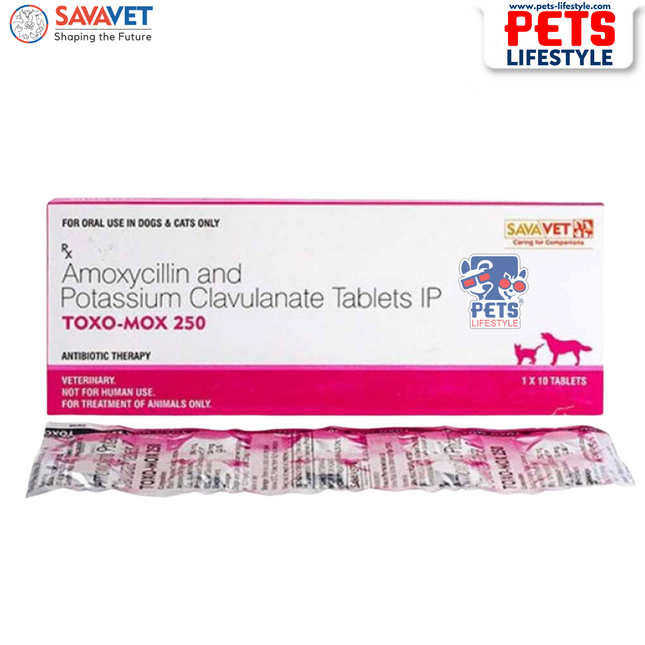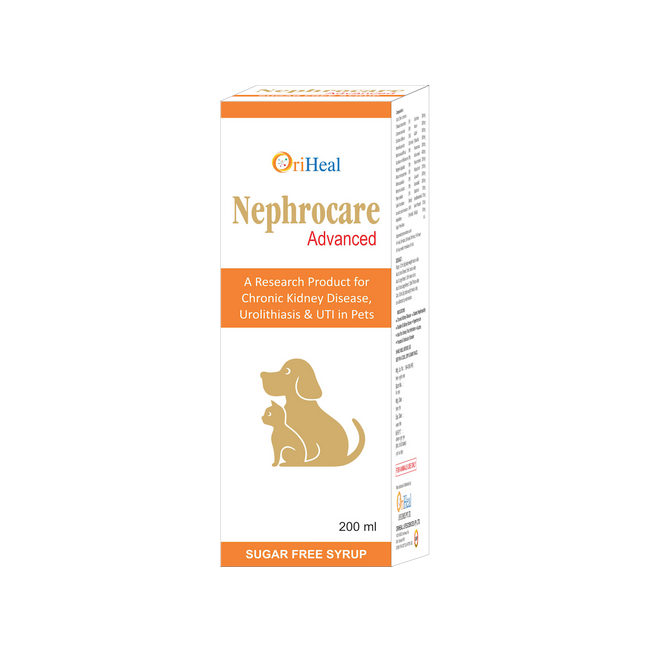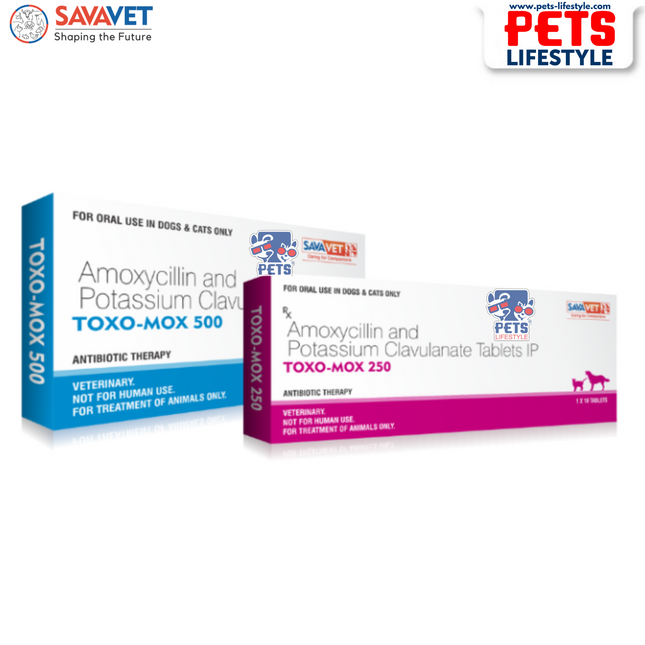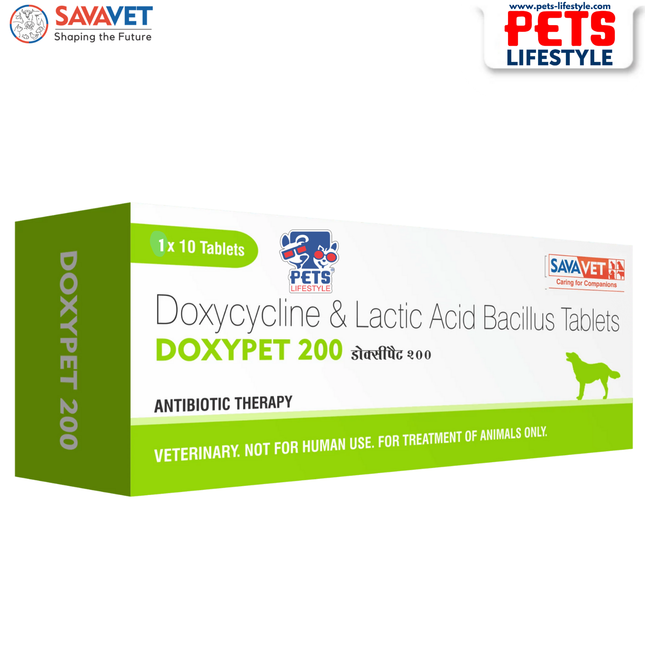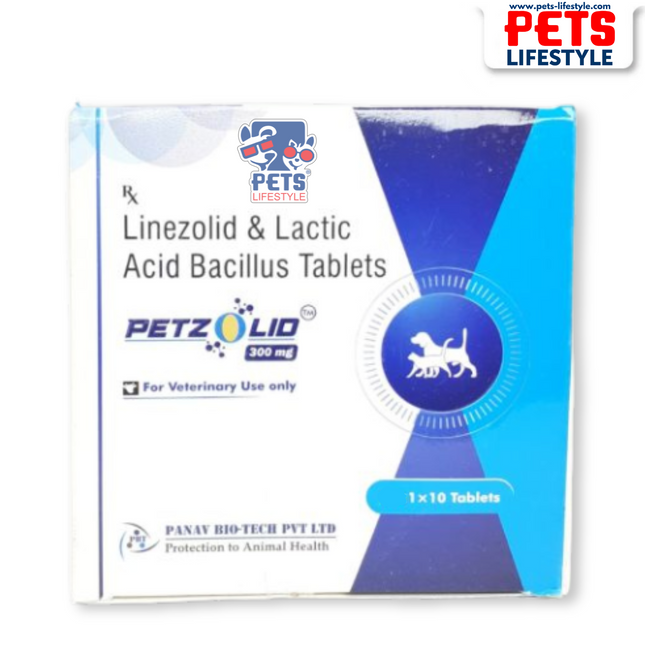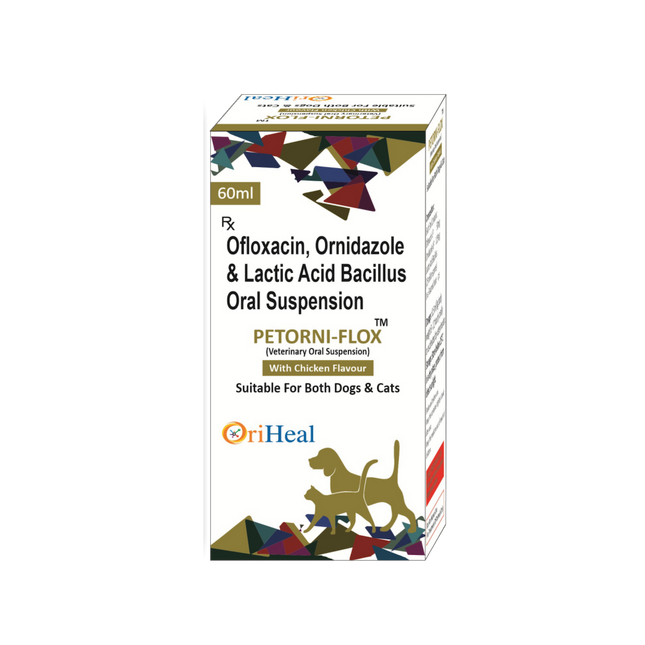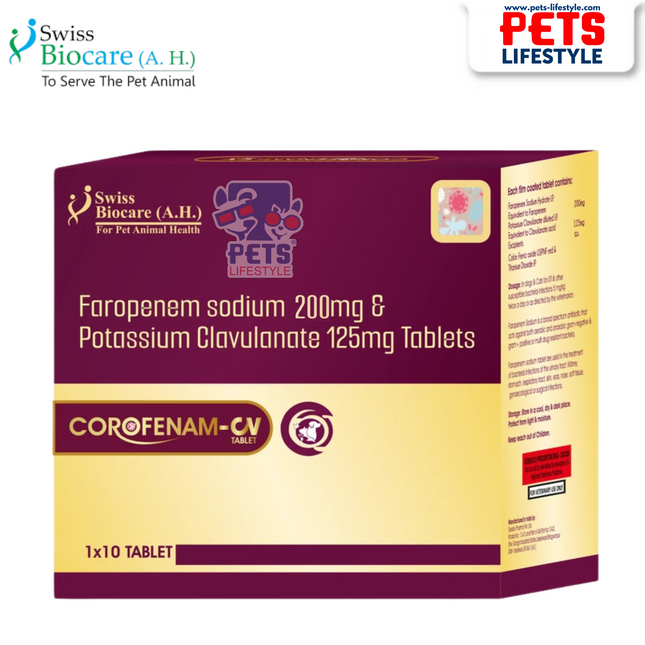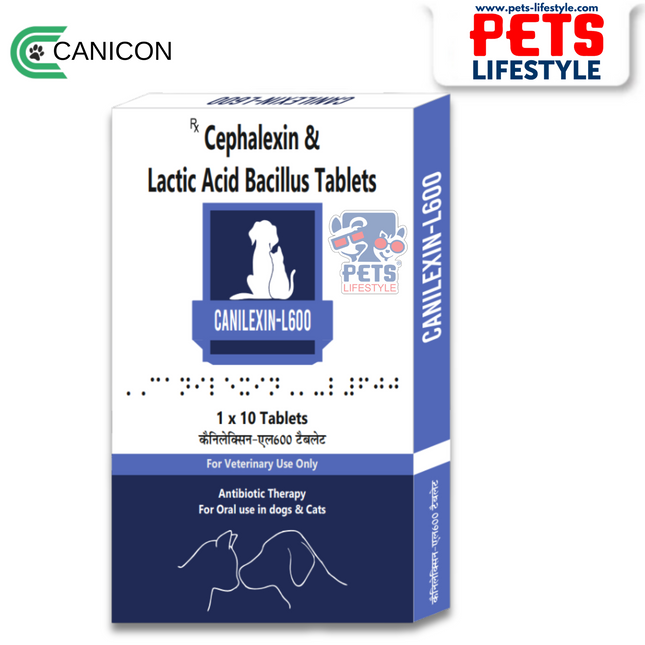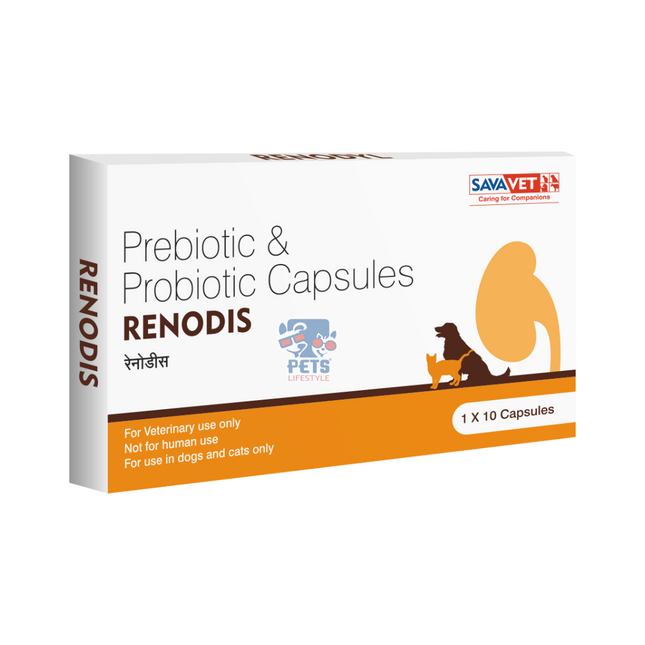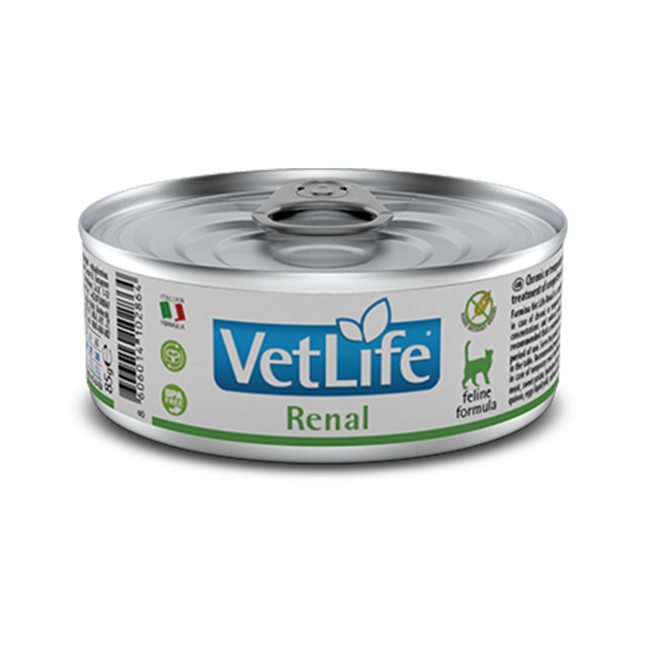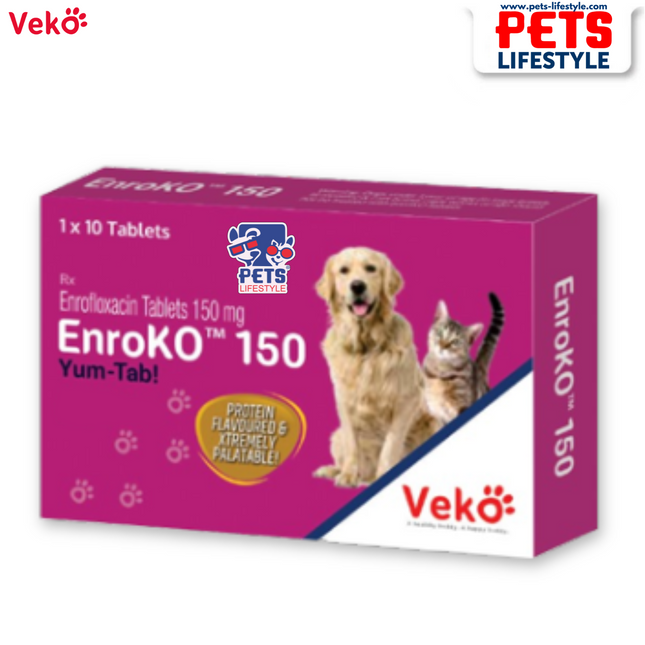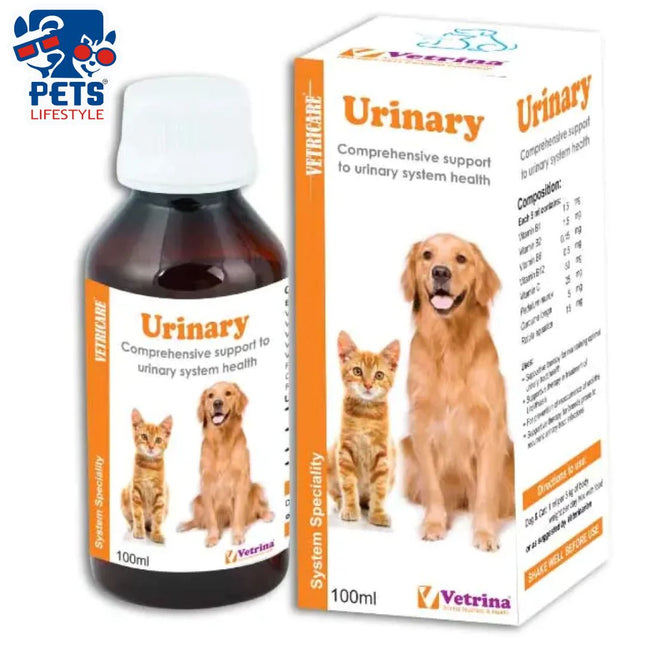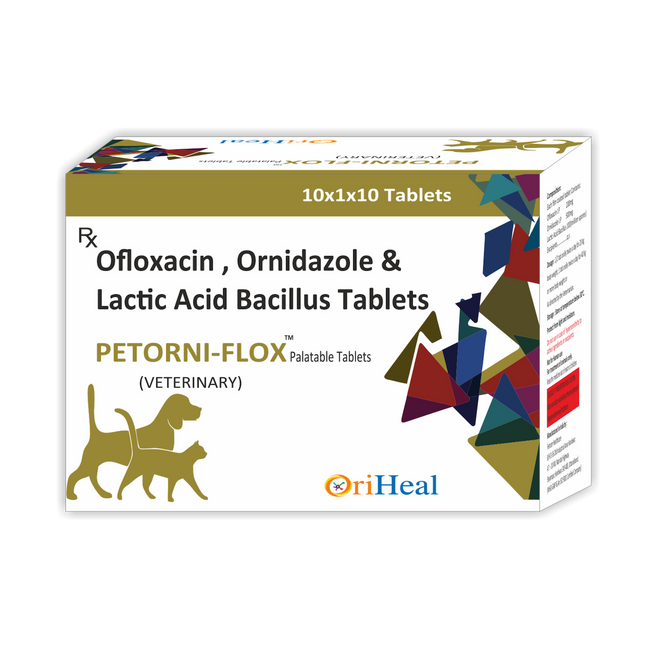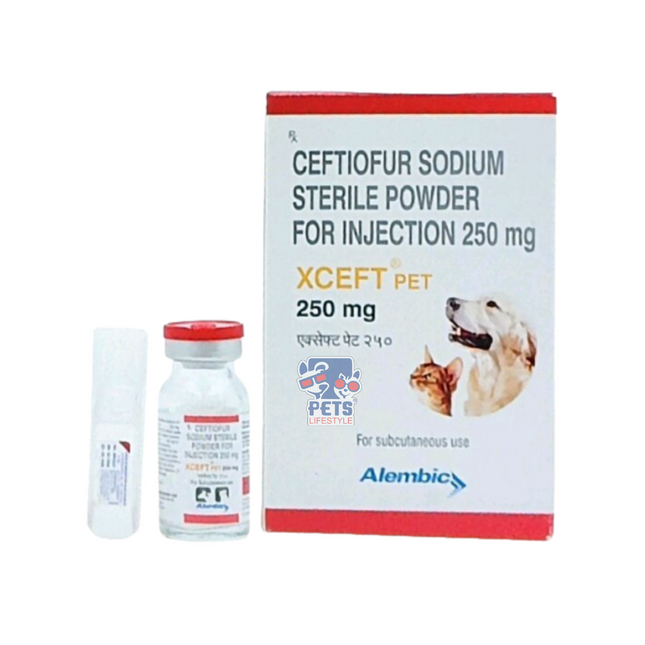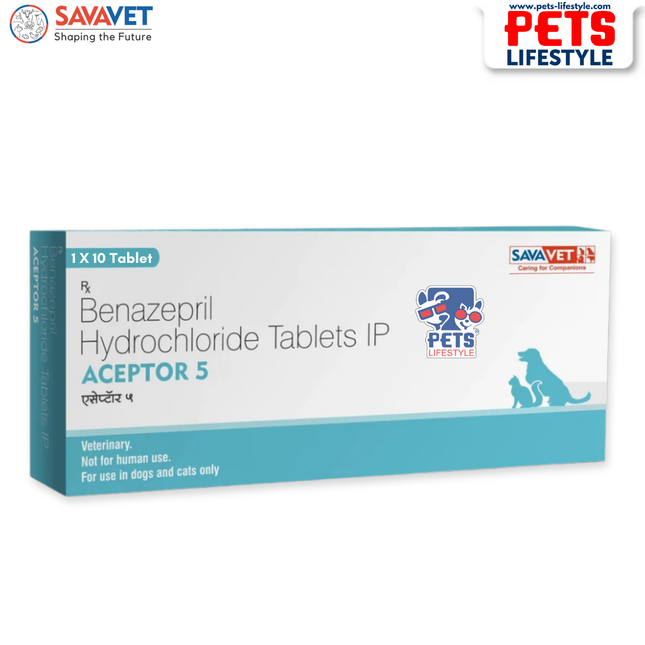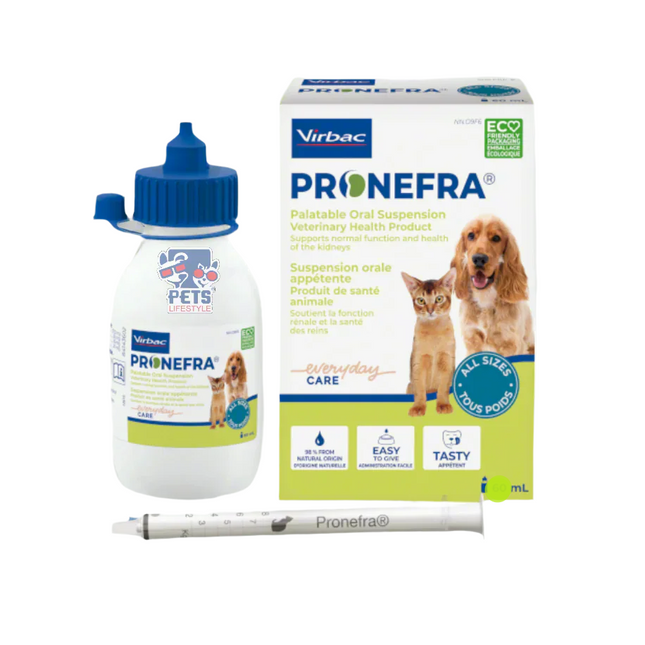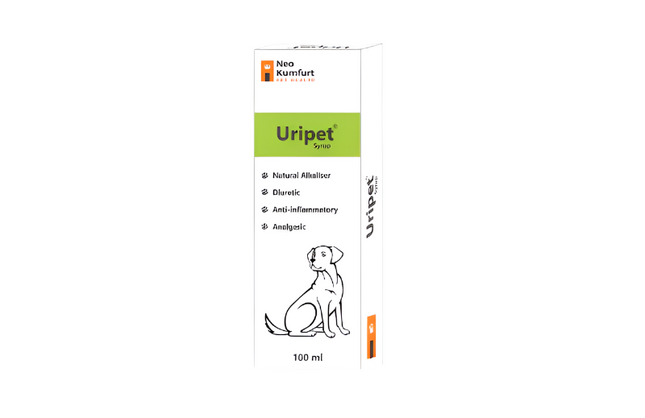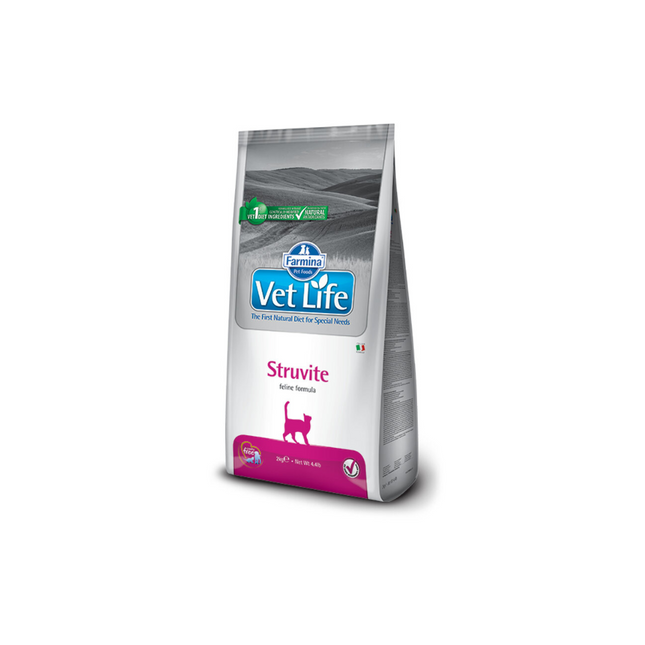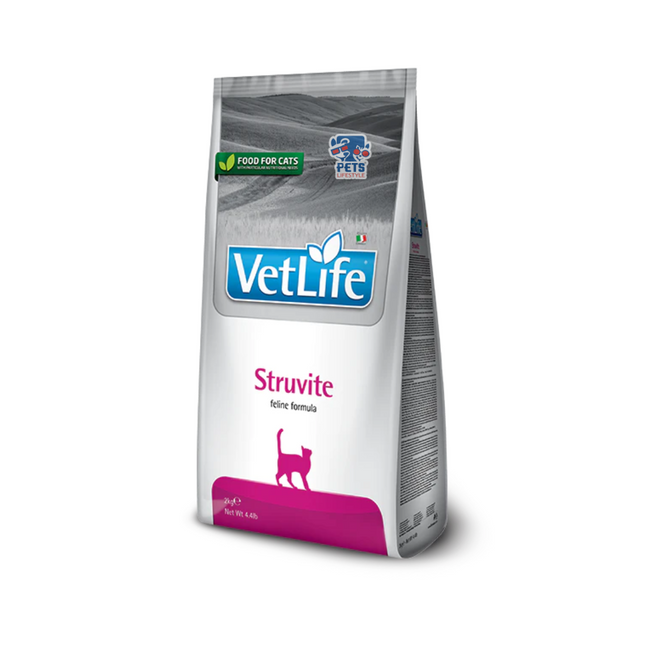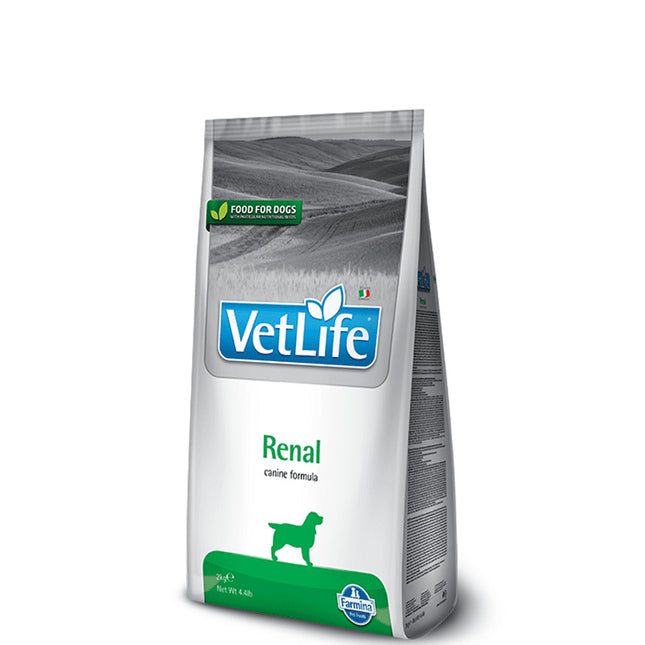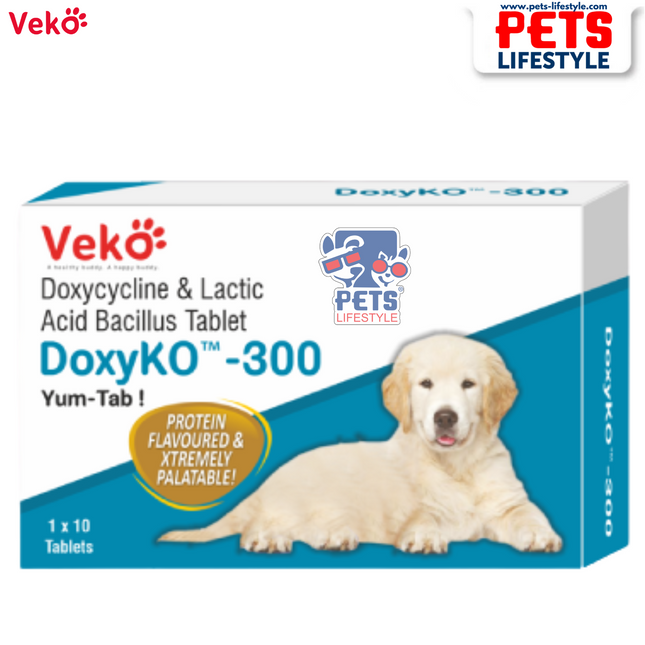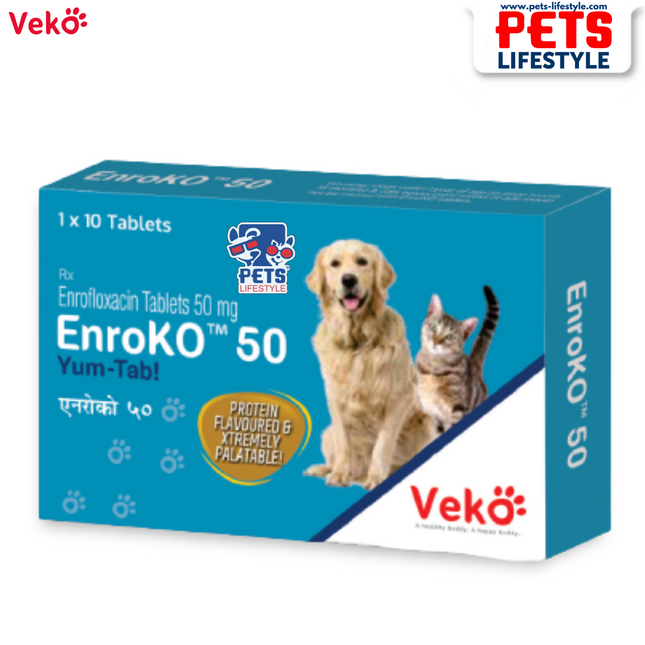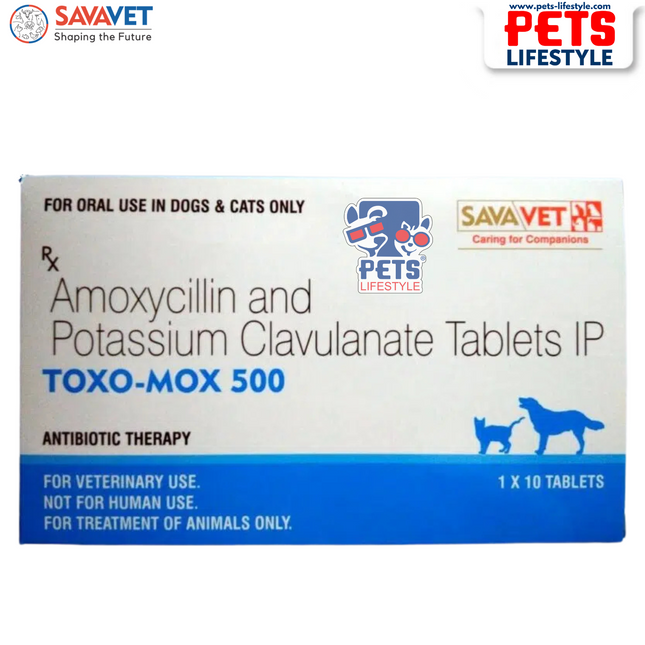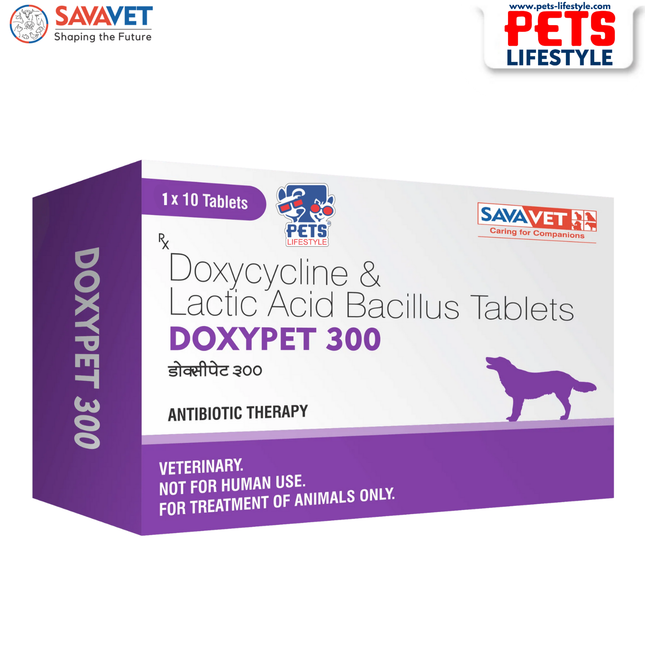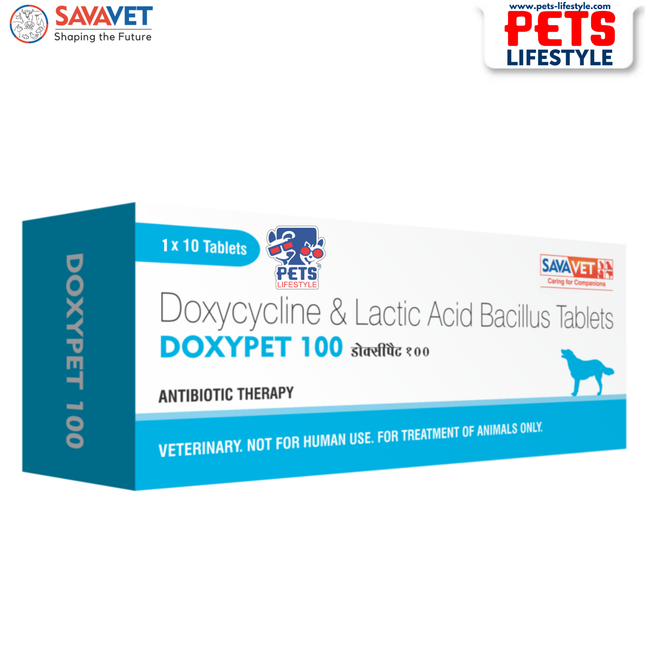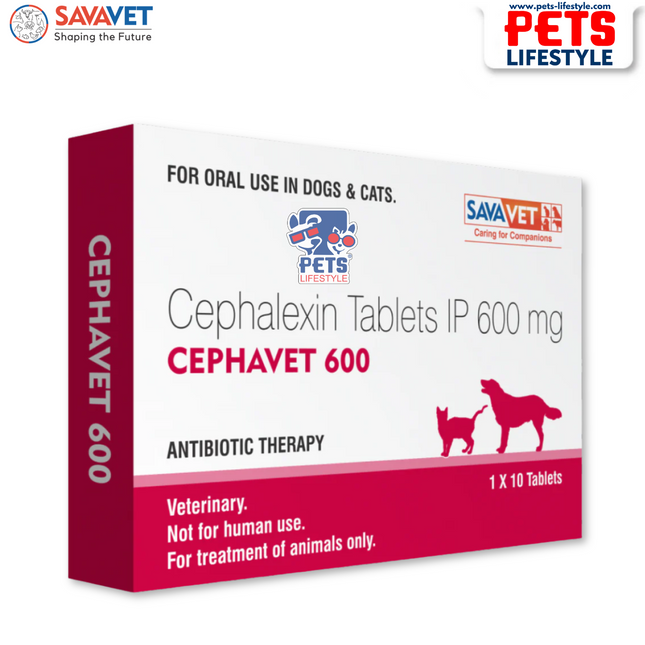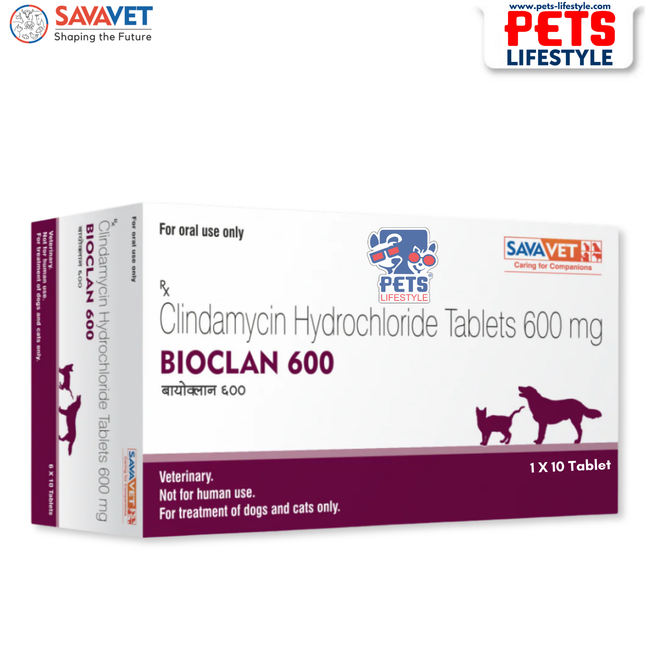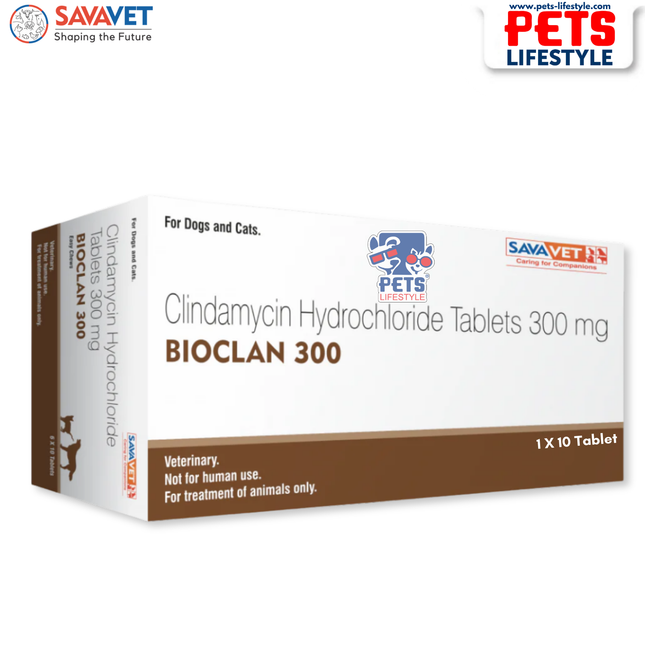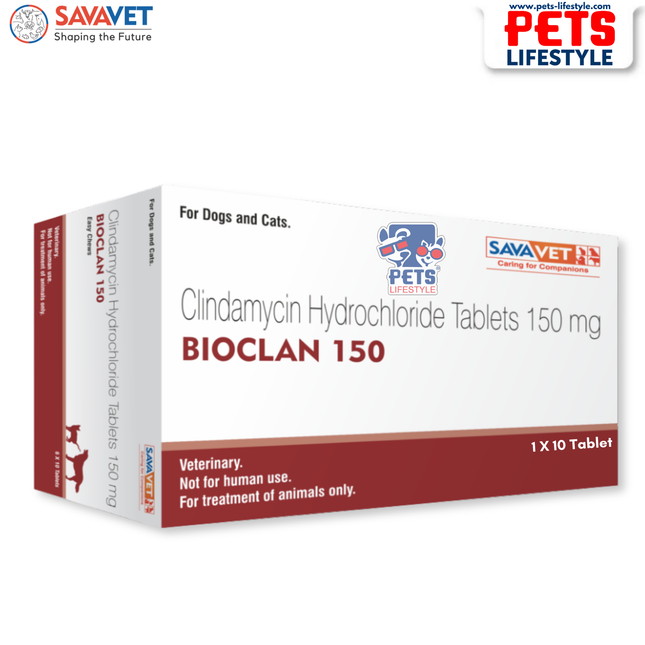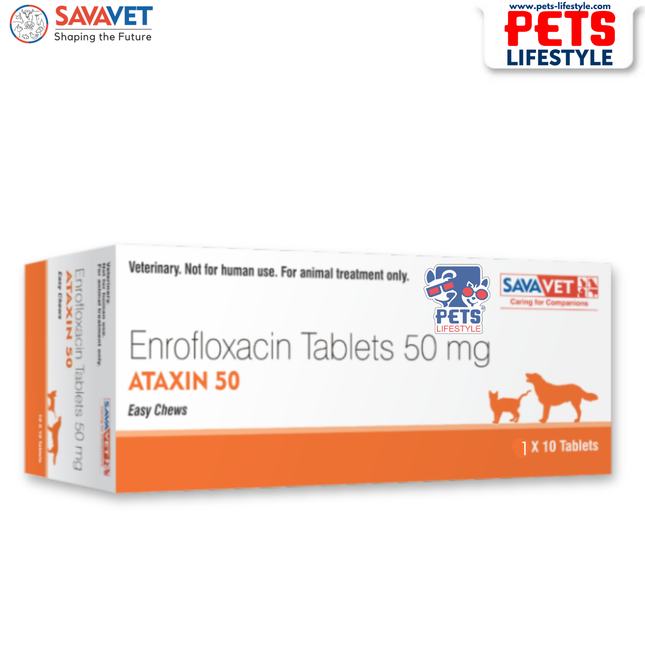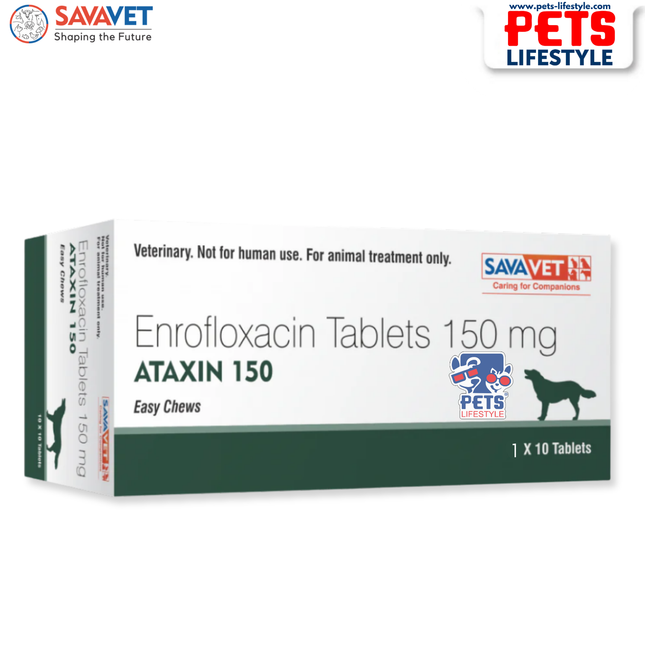Nurturing Feline Kidney Health: Renal Care Therapies for Cats
The kidneys play a vital role in maintaining a cat's overall health by filtering waste products from the blood and regulating fluid balance. Chronic kidney disease (CKD) is a common condition in cats, particularly in older felines, requiring diligent care and management. In this guide, we'll delve into various renal care therapies designed to support feline kidney health and improve the quality of life for cats with CKD.
Understanding Feline Kidney Health:
Chronic kidney disease is characterized by the gradual loss of kidney function over time. Common causes include aging, genetic predisposition, infections, and certain health conditions. Early detection and proactive management are essential for slowing the progression of CKD and minimizing associated complications.
Renal Care Therapies for Cats:
-
Dietary Management: A tailored diet is crucial for cats with CKD. Specialized renal diets are formulated to support kidney function while minimizing the workload on the kidneys. These diets typically have controlled levels of protein, phosphorus, and sodium, along with increased water content to promote hydration.
-
Fluid Therapy: Adequate hydration is essential for cats with CKD to maintain kidney function and prevent dehydration. Subcutaneous fluid therapy administered at home under veterinary guidance can help replenish lost fluids and support renal function.
-
Medication Management: Various medications may be prescribed to manage symptoms and slow the progression of CKD in cats. These may include:
- Phosphate Binders: Help reduce phosphorus levels in the blood, which can contribute to kidney damage.
- ACE Inhibitors: Help dilate blood vessels and reduce blood pressure, thereby easing the workload on the kidneys.
- Calcitriol: A synthetic form of vitamin D that helps regulate calcium and phosphorus levels in cats with CKD.
-
Regular Veterinary Monitoring: Routine check-ups and laboratory tests are essential for monitoring kidney function, assessing disease progression, and adjusting treatment plans accordingly. Blood tests, urinalysis, and blood pressure monitoring are commonly used diagnostic tools.
-
Environmental Enrichment: Stress can exacerbate CKD symptoms in cats. Providing a calm, comfortable environment enriched with stimulating activities and hiding spots can help reduce stress levels and improve overall well-being.
Caring for a cat with chronic kidney disease requires a multifaceted approach aimed at supporting kidney function, managing symptoms, and enhancing quality of life. By working closely with your veterinarian and implementing renal care therapies tailored to your cat's specific needs, you can help optimize their kidney health and ensure they enjoy a comfortable and fulfilling life for years to come. Remember, early intervention and consistent management are key to slowing the progression of CKD and maximizing your cat's well-being.






